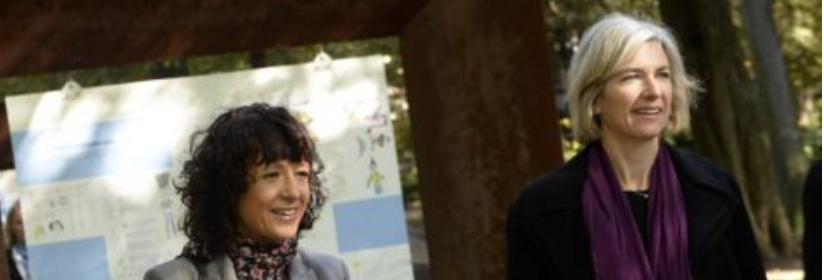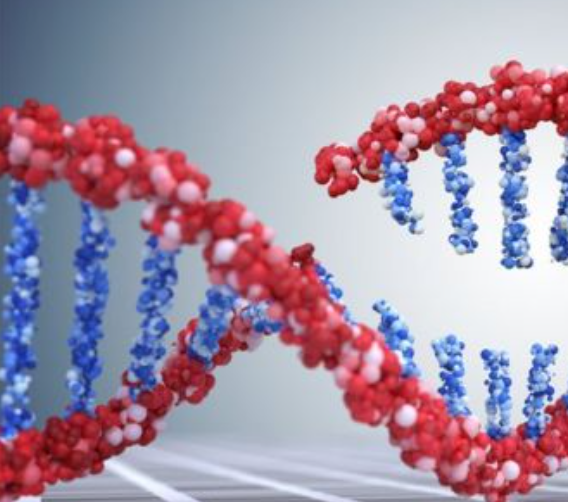
Nobel prize for chemistry awarded for discovering genetic editing


The 2020 Nobel Prize in Chemistry has been awarded to French researcher Emmanuelle Charpentier and American biochemist Jennifer A Doudna for developing the tools to edit DNA. The duo discovered one of gene technology’s sharpest tools, the CRISPR/Cas9 genetic scissors, a way of making specific and precise changes to the DNA contained in living cells. For their Nobel win, they will get £870,000 (10 million Swedish Kronor) prize money.
Not only has the women’s technology been transformative for basic research, but it could also be used to treat inherited illness.
Prof Charpentier, from the Max Planck Unit for the Science of Pathogens in Berlin, said it was an emotional moment when she learned about the award “When it happens. You’re very surprised and you think it’s not real. But obviously it’s real”, she said.
During Prof Charpentier’s studies of the bacterium Streptococcus Pyogenes, she discovered a previously unknown molecule called tracrRNA. Her work showed that tracRNA is part of the organism’s system of immune defense. This system, known as Crispr-Cas, disarms viruses by cleaving their DNA like genetic scissors. In 2011, the same year she published this work, Prof Charpentier began a collaboration with Prof Doudna, from the University of California, Berkeley. The two had been introduced by a colleague of Doudna’s at a café in Puerto Rico while attending a conference.
In their natural form, the bacterial scissors recognize DNA from viruses. But Charpentier and Doudna showed that they could be reprogrammed to cut any DNA molecule at a predetermined site, publishing their findings in a landmark 2012 paper. The breakthrough DNA snipping technology allowed the “code of life” to be rewritten.
The 2020 Nobel Prize in Chemistry has been awarded to French researcher Emmanuelle Charpentier and American biochemist Jennifer A Doudna for developing the tools to edit DNA. The duo discovered one of gene technology’s sharpest tools, the CRISPR/Cas9 genetic scissors. For their Nobel win, they will get £870, 000 (10 million Swedish Kronor) prize money.
